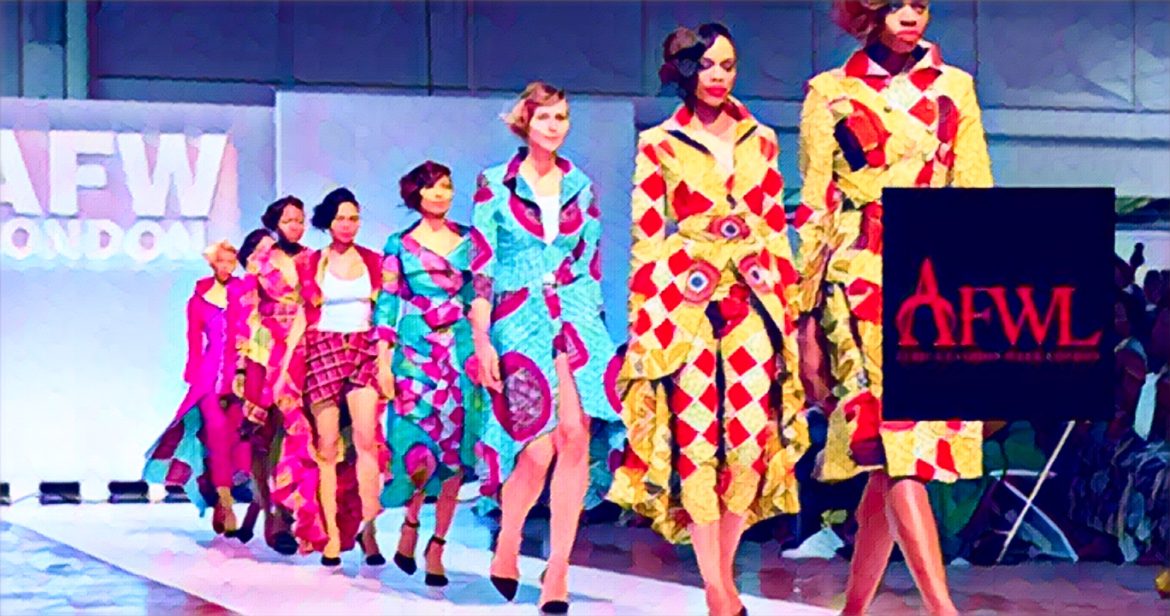KEY POINTS
- Nigerian fabrics like Aso Oke, Adire, and Ankara blend heritage with contemporary fashion.
- Designers such as Lisa Folawiyo and Maki Oh have brought Nigerian textiles to global runways.
- Challenges include mass-produced imitations, but sustainable fashion trends present opportunities.
Nigerian fabrics consisting of different attractive colors, good appeals, and meanings have made their way to the international fashion market.
The use of Aso Oke and Adire, and other fabrics such as Ankara prints that were once only seen in Africa, are now becoming familiar sights on the international fashion scene.
Their rise reflects the growing influence of African culture on global fashion and the creativity of Nigerian designers and artisans who continue to innovate while preserving tradition.
A blend of heritage and modernity
Nigerian fabrics and dressing are part of the Nigerian cultural practices and patterns, and every wear does not have the same meaning.
Traditional clothing of women, such as Aso Oke, which originally had to be handwoven by the Yoruba people, and Adire, which is produced using the process of batik, are some of the styles preserved to this day.
This has been most commonly used in traditional African wears but few designers such as Lisa Folawiyo and Deola Sagoe to mention but a few have reinvented this fabric to fit into the world market today.
Ankara, usually called ‘African print’ on many occasions, has become a preferred fabric due to its flexibility and cheap nature.
While not indigenous to Nigeria, Ankara has been embraced as a symbol of African identity and reimagined in innovative ways. It’s now seen on red carpets and runways, from Paris Fashion Week to the Met Gala, often styled in bold, avant-garde ensembles.
Nigerian designers on the global stage
The current status of fabrics, specifically those made from Nigerian ingenuity, can be largely attributed to successes recorded by Nigeria’s fashion designers, who have exported and innovated within the international fashion market.
Maki Oh, for instance, who combines conventional Nigerian fabrics and conventional cuts for modern wear, has been able to feature in New York Fashion Week.
In the same way, Andrea Iyamah’s swimwear and dresses with Ankara-inspired prints traveled across the globe.
In as much as local artists have continued to endorse Aso-oke, other Nigerian fabrics, and textiles, collaborations with international brands have placed these fabrics on the global map.
For example, when Nike signed a deal with the Nigerian national football team, it came up with culture-inspired jerseys that sold out within minutes; this clearly shows that people want to embrace the Nigerian aesthetic sense.
Challenges and opportunities
Nonetheless, challenges therein include the production of substandard copies of the fabrics and infrequent patronage of the Nigerian designers and fabrics.
Furthermore, the development of the textile manufacturing industry in Nigeria is very low, and as a result, most, if not all, designers source their fabrics from overseas—definitely a costly affair.
But the pressure for eco-friendly and fairly produced clothing offers a possibility for Nigerian textiles.
Aso Oke and Adire fabrics are handwoven and dyed, then washed, which are very suitable to current trends in the international market regarding the environment.
Nigeria will be able to take a strong foothold in the fashion world by investing in local textile industries while creating legal protection for those who own them.
Nigerian fabrics have therefore been experienced to be a unique cultural reformation of fabrics in the international market and are expected to continue to trend.
Therefore, the richest cultural legacy of Nigeria in dress fabric can go on to set trends globally if Nigerian designers maintain the traditional pattern and modernity put into practice.


